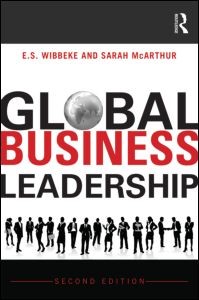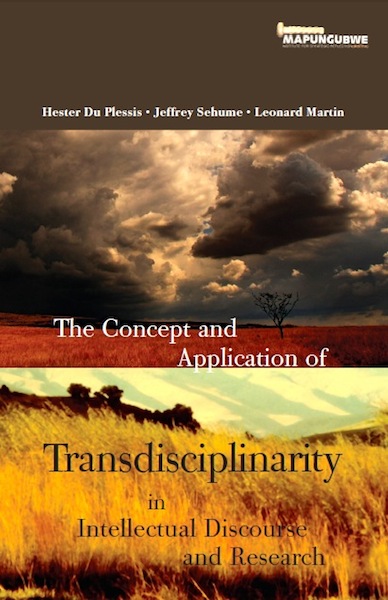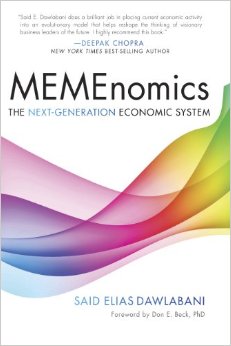Transformational Leadership: Tapping into Your Personal DNA – An Executive Education program facilitated by Prasad Kaipa in Bangladesh.
Every now and then I encounter something that surprises me or deepens my thinking about it. Usually I notice that I have not been aware of an assumption or perspective I hold. This experience opens the door to a new dimension of awareness. That is what I experienced when I heard about a program Prasad Kaipa has done in Bangladesh.
Why should …


 In March 2011, the Mapungubwe Institute for Strategic Reflection (MISTRA) was launched in South Africa, www.mistra.org.za It is an independent research institute (a think tank) that takes a long-term view on the strategic challenges facing South Africa. In case you were wondering, Mapungubwe was a pre-colonial, ancient Southern African Kingdom (circa
In March 2011, the Mapungubwe Institute for Strategic Reflection (MISTRA) was launched in South Africa, www.mistra.org.za It is an independent research institute (a think tank) that takes a long-term view on the strategic challenges facing South Africa. In case you were wondering, Mapungubwe was a pre-colonial, ancient Southern African Kingdom (circa  Said E. Dawlabani. MEMEnomics: The Next Generation Economic System. New York: Select Books, 2013.
Said E. Dawlabani. MEMEnomics: The Next Generation Economic System. New York: Select Books, 2013.